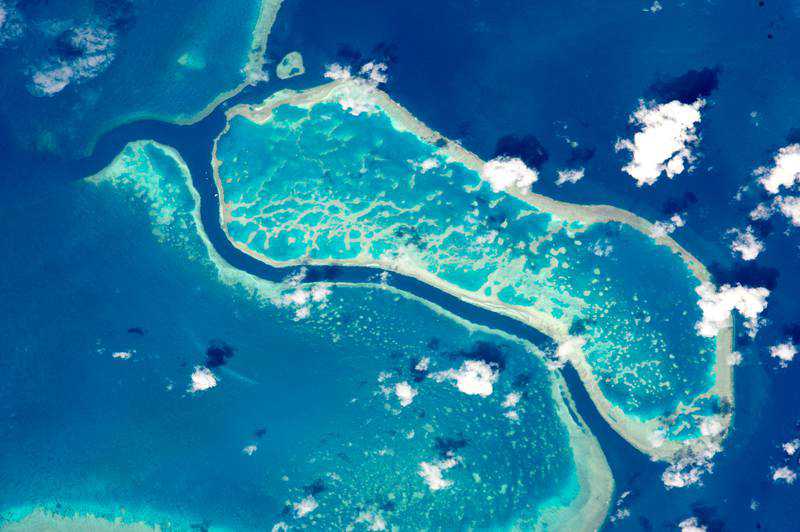Scientists create first detailed map depicting all the world's coral reefs
14 September, 2021

Scientists have created the first high-resolution map of all of the world’s coral reefs, in an effort to help save the valuable organism.
Researchers at the Allen Coral Atlas in Arizona, US, have put together a "big picture" map detailing the planet's colourful underwater colonies.
Over the past three years, 450 research teams were involved in gathering data to create the first visual display of the world’s shallow coral reefs.
Using high-resolution mapping and combining more than two million satellite images, the resource will be used as a conservation tool.
The map allows people to see the world's corals in detail for the first time, which could help inspire people to get involved in saving the organisms while raising awareness of issues facing the reefs.
“To someone who has never seen the reef, it is like looking at a city from a helicopter. Lots of activity, colour, shapes, and the buildings teeming with life and activity inside.” Michael Markovina, previous director of the Marine Programme for Wildlife Conservation Society Tanzania, said about his experience collecting field data for the Atlas.
The world is home to more than 260,000 square kilometres of shallow reef corals, but a huge majority of these are facing the threat of destruction thanks to rising sea temperatures, overfishing, pollution and more.
As well as detailing where the world's corals are located, the map will be used for monitoring changes in the reefs and providing valuable data for scientists and governments to introduce plans to preserve these ecosystems.
“It is a gratifying milestone after years of dedicated non-stop teamwork to bring this global map to fruition, but the true value of the work will come when coral conservationists are able to better protect coral reefs based on the high-resolution maps and monitoring system,” said Dr Greg Asner, managing director of the Atlas at Arizona State University.
“We must double down and use this tool as we work to save coral reefs from the impacts of our climate crisis and other threats.
Human-driven climate change threatens world's corals
The future of coral reefs hangs in the balance, with 50 per cent of the species already lost to bleaching caused by increased water temperatures, ocean acidification, pollution and destructive overfishing.
Before the map was created, only 25 per cent of coral reefs on the planet had previously been mapped. This has often caused problems for researchers and authorities when trying to plan and implement conservation strategies owing to a lack of accurate data on the location and status of the reefs.
As well as being home to thousands of marine creatures not found anywhere else, coral reefs are also critical for many communities around the world. More than half a billion people rely on coral reef habitats for food, income and protection according to data from the National Oceanic and Atmospheric Administration in the US.
Reefs also help protect coastlines from storms and erosion and are home to several species not found anywhere else in the world.
Last week, a 600-year-old coral colony was found at Saudi Arabia’s Al-Waqadi Island by scientists from The Red Sea Development Company.
Source: www.thenationalnews.com
TAG(s):
